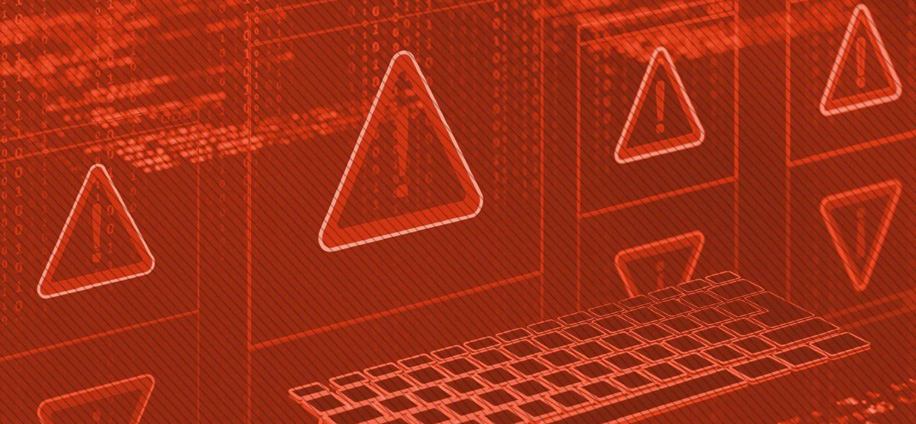
The dark web isn’t just a hideout for cybercriminals—it’s a global recruitment center. Deep in its encrypted alleys, digital minds battle for clout, offer proof-of-skill, and receive invitations to high-stakes gigs.
It's where skill meets opportunity—and reputation is currency.
But how does this invisible hiring process work? Who gets in, and what are they hired for?
Forget the lone teenager in a hoodie trope. Today’s hacker is part of a highly organized, competitive network, and the dark web is their showcase floor.
The underground economy demands more than criminal energy—it requires:
And unlike LinkedIn, your portfolio is proof-of-hack.
Before recruitment, there's recognition. That usually starts on dark web forums like:
Newcomers often earn respect through:
The more useful your post, the faster you move up the digital food chain.
Once a hacker makes enough noise, recruiters show up. Some operate as individuals; others represent cartels, state-backed groups, or private crime rings.
Common openings include:
While traditional benefits don’t exist, these gigs still come with appealing perks:
Top-tier hackers often graduate to operating their crews, offering mentorship to the next generation—for a fee.
Conti, one of the most infamous ransomware groups, operated like a tech startup. It had:
Its members were sourced through dark web channels, often evaluated by past work and interview-like challenges.
It was a criminal enterprise—but it functioned like a company.
Not all recruitment ends in crime. Red teams, or ethical hackers hired by companies to test their defenses, sometimes emerge from the dark web too.
These individuals:
The line is blurry. A coder creating ransomware one year might be helping a Fortune 500 company find vulnerabilities the next.
So why is this the ultimate talent pool? Here’s why:
If the surface web is filtered, the dark web is unfiltered brilliance—good, bad, and dangerous.
The dark web is more than a marketplace—it’s a colosseum of talent. A place where digital gladiators fight for recognition, reward, and risk.
For those with the right skills and no fear of fire, it offers something no official job board ever could: absolute freedom.
But at what cost?